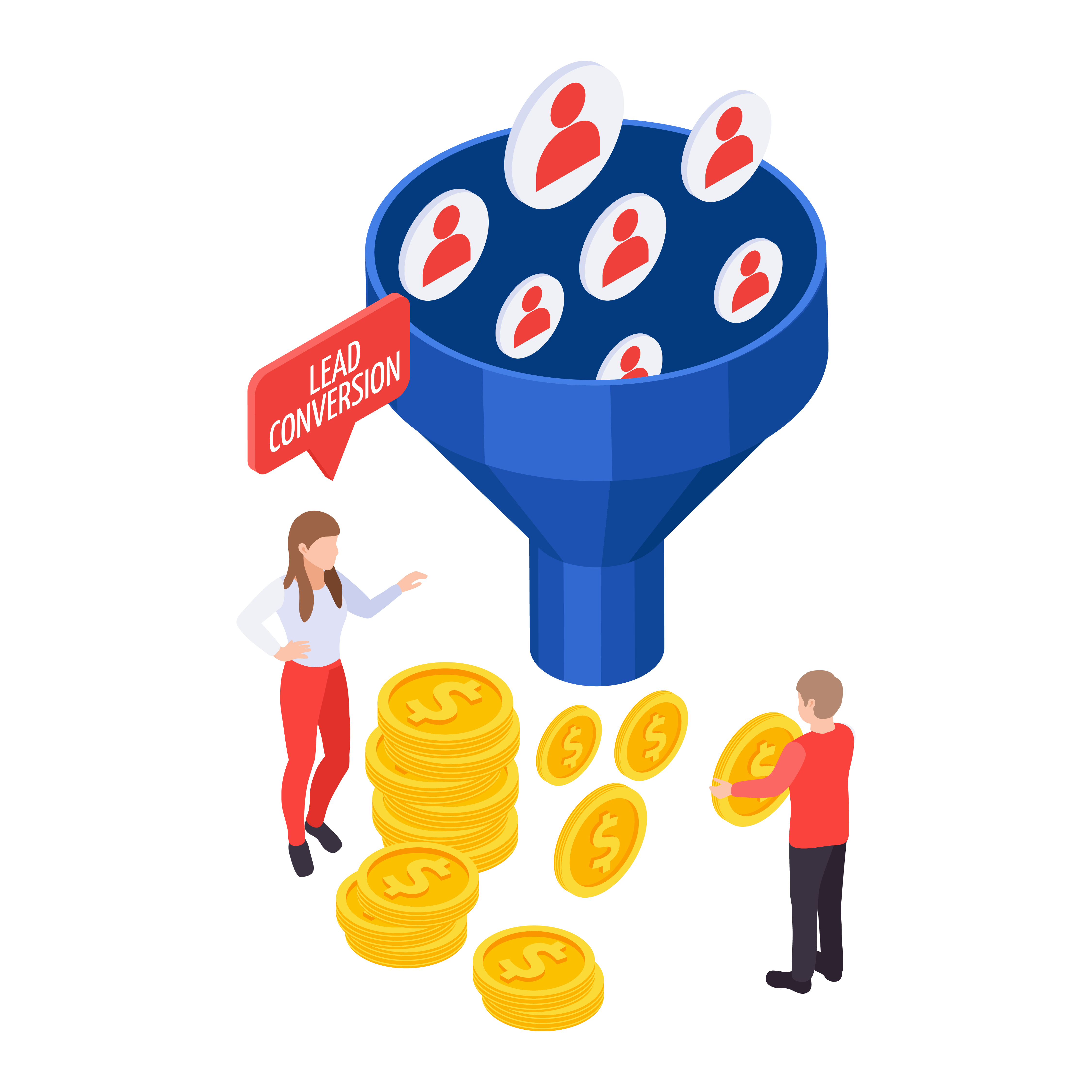Lead generation stands as a pivotal element for driving growth and sustaining profitability. However, not all leads are created equal.
The importance of quality leads in B2B lead generation cannot be overstated. Quality leads ensure that resources are efficiently allocated, sales teams can focus their efforts effectively, and ultimately, conversions and revenue generation are optimized.
Quality leads possess specific attributes that make them more likely to convert into paying customers. They exhibit genuine interest, align with the target market, and have the potential to benefit from the products or services offered. Here are some key reasons why quality leads matter in B2B lead generation:
1. Higher Conversion Rates: Quality leads are more likely to convert into customers compared to leads that are not properly qualified. By focusing efforts on leads that are genuinely interested and have the potential to benefit from the offerings, businesses can increase their conversion rates and achieve better ROI on their marketing investments.
2. Improved Sales Efficiency: Quality leads enable sales teams to operate more efficiently. By prioritizing leads that are more likely to convert, sales representatives can allocate their time and resources more effectively, leading to higher productivity and better results.
3. Enhanced Customer Satisfaction: Quality leads are more likely to become satisfied customers. By targeting leads that have a genuine need for the product or service and are a good fit for the business, companies can deliver solutions that meet their needs effectively, leading to higher levels of satisfaction and retention.


Strategies to Generate More Qualified B2B Leads:
1. Define Ideal Customer Profiles (ICPs): To generate quality leads, it's crucial to have a clear understanding of the ideal customer profiles. This involves identifying characteristics such as industry, company size, pain points, and buying behaviors that indicate a good fit for the product or service.
2. Content Marketing and Thought Leadership: Creating valuable content that addresses the pain points and challenges of the target audience can help attract and engage quality leads. By positioning the business as a thought leader in the industry, companies can establish credibility and trust, making it more likely for leads to convert.
3. Implement Targeted Advertising Campaigns: Utilize targeted advertising campaigns on platforms such as LinkedIn, Google Ads, and industry-specific publications to reach potential leads that fit the ideal customer profile.
4. Utilize Lead Scoring: Implement lead scoring methodologies to prioritize leads based on their level of engagement, fit with the ideal customer profile, and propensity to convert. By assigning scores to leads based on various criteria such as demographic information, website interactions, and engagement with marketing content, businesses can focus their efforts on leads that are most likely to convert.
5. Nurture Leads with Personalized Content: Implement lead nurturing campaigns that deliver personalized content tailored to the specific needs and interests of the target audience. By providing relevant information and resources at each stage of the buyer's journey, businesses can build trust and credibility with leads, ultimately increasing the likelihood of conversion.
Quality leads are the lifeblood of successful B2B lead generation efforts. By prioritizing quality over quantity and implementing effective strategies to attract, engage, and nurture leads, businesses can improve conversion rates, increase sales efficiency, and drive sustainable growth in the competitive B2B marketplace.